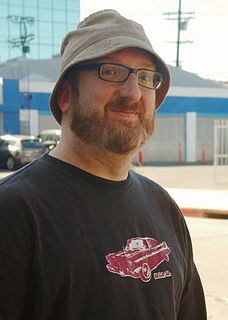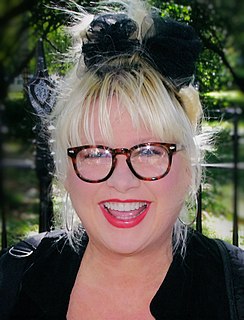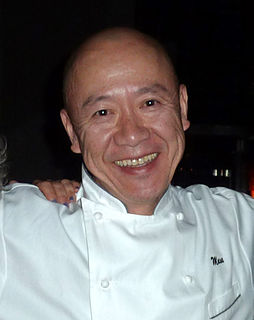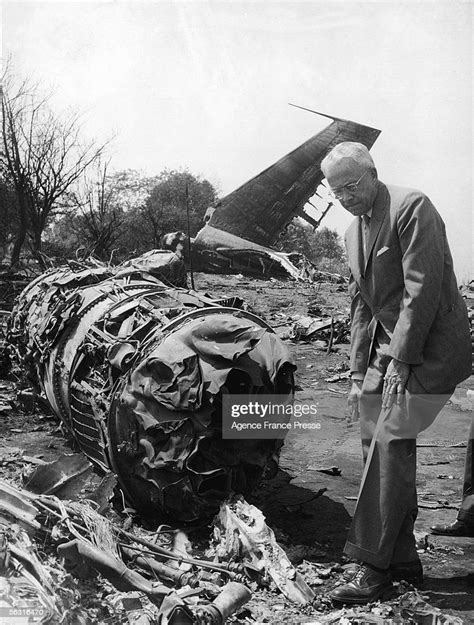A Quote by Mike Colter
You see a lot of Baptist churches in Harlem, you see a lot of the same kind of cuisine, the soul food - there's a lot of places that remind you of its southern roots.
Related Quotes
My job the same as carpenter. What kind of house you want to build? What kind of food you want to make? You think your ingredients, your structure. Simple. [Other] Japanese restaurants … mix in some other style of food and call it influence, right? I don't like that. … In Japanese sushi restaurants, a lot of sushi chefs talk too much. 'This fish from there,' 'This very expensive.' Same thing, start singing. And a lot have that fish case in front of them, cannot see what chef do. I'm not going to hide anything, right?
My parents divorced when I was 3 years old. They had a lounge act in Las Vegas, where I was born. The band broke up and the marriage dissolved, and my mother, my sister and I moved to Southern California. And I didn't see my dad a lot growing up; he was on the road a lot. I'd see him every couple years.
I see that things are getting made a lot faster for less money and there are a lot less opportunity, I think, for actors. There's not a lot of work in the U.K. I mean, that's why everyone's moving to America because that's where the work seems to be. But it definitely feels like a lot more of a slog to get a gig these days. I suppose that's a lot to do with our current climate and financial messes. I certainly see that people seem to have to work harder with a lot less time.
If there was ever a food that had politics behind it, it is soul food. Soul food became a symbol of the black power movement in the late 1960s. Chef Marcus Samuelsson, with his soul food restaurant Red Rooster in Harlem, is very clear about what soul food represents. It is a food of memory, a food of labor.


































